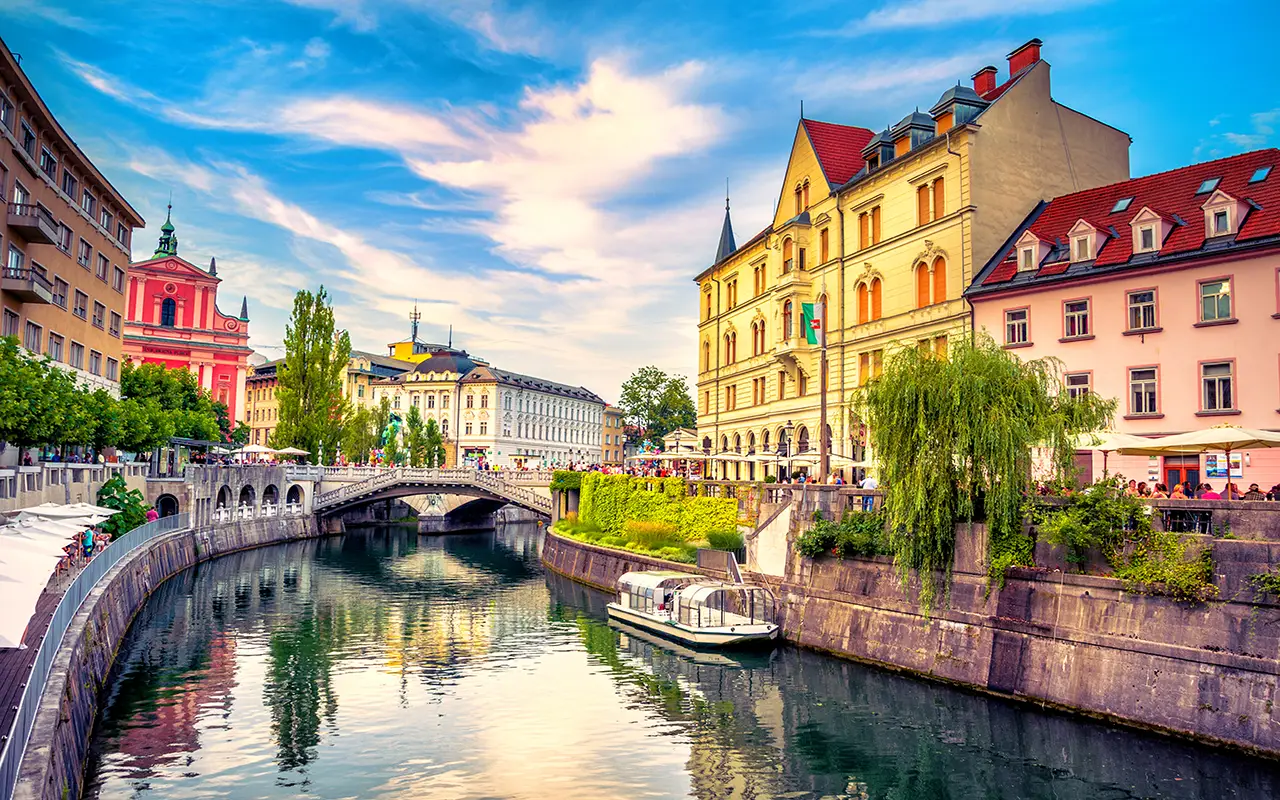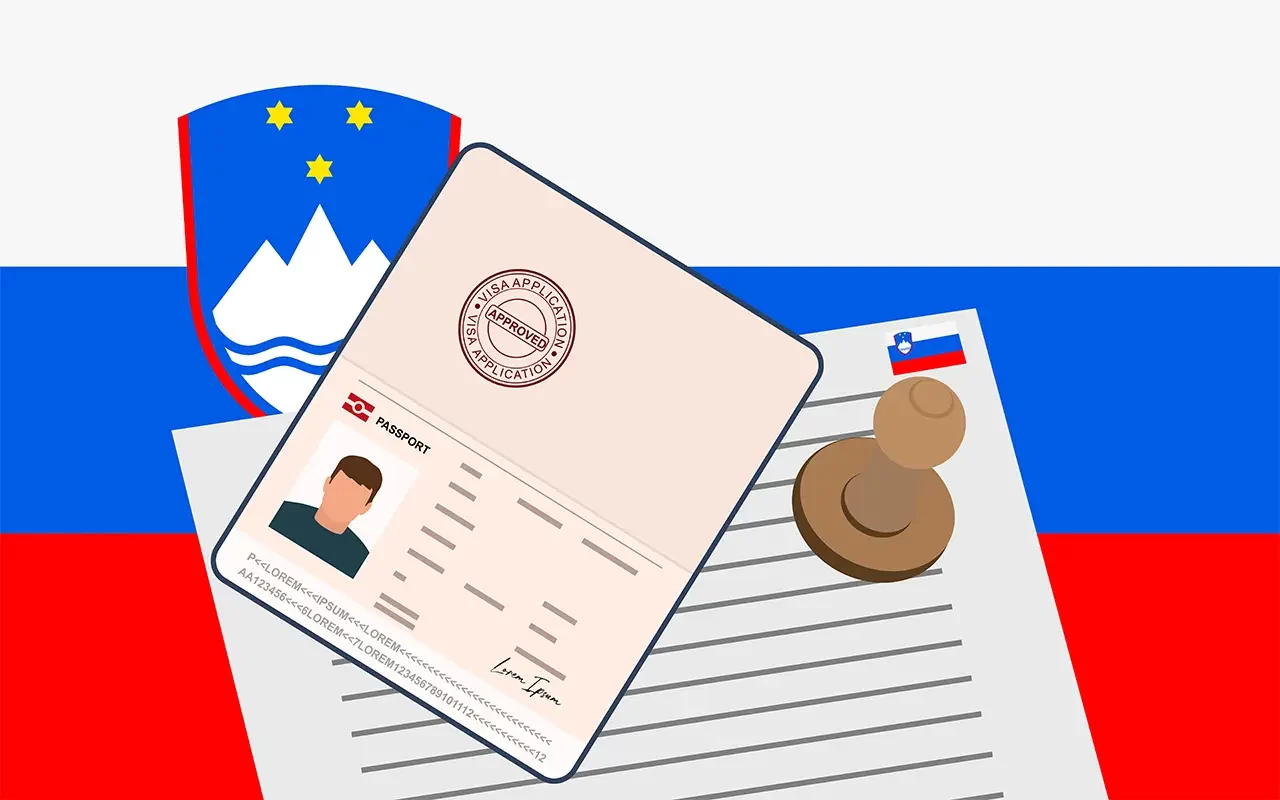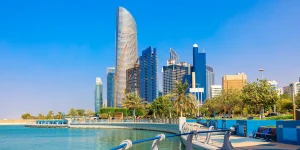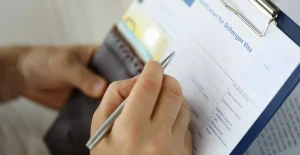
Table of Contents
Overview of Slovenia
Slovenia is bordered to the north by Austria, to the south and east by Croatia and Hungary, and Italy to the west. Its population of just over 2 million people speaks Slovene; Slovenia’s only official language. A relatively new country often confused with Slovakia, Slovenia gained its independence from the former Yugoslavia in 1991. Slovenian culture is influenced by its unique position as both a Balkan and Central European state. Its capital Ljubljana years ago banned cars from its city center, rendering it both a walking paradise and one of Europe’s most sustainable cities; it has perhaps the most “green spaces” in Europe. Tivoli Park, Ljubljana’s largest and most famous, is populated by native birds and graced by botanical gardens and historic mansions. The capital boasts many historic monuments, including Ljubljana Castle, the medieval-era palace complex located on Castle Hill, which overlooks the Ljubljanica river and provides striking views of the city. Crossed by the famous 20th century Dragon Bridge, the river is Ljubljana’s twisting heart; cafés and restaurants cluster along its banks, which also provide a picturesque route for walkers and joggers. Outside the capital, Slovenia offers a mountainous, fairytale landscape peppered with thousands of historic castles, churches, and iconic hayracks. Lake Bled beckons day-trippers with its pristine waters and iconic Bled Island, dotted with a medieval church. In the northern alpine region, outdoor enthusiasts can hike through the fields and climb the mountains of Slovenia’s only National Park, Triglav, which comprises the Julian Alps. Despite its extensive lakes and rivers, 99% of Slovenia is landlocked, and access to the Adriatic sea is limited to a handful of coastal towns, including the medieval town of Koper; the country’s s only commercial port. Slovenia signed the Schengen Agreement in 2003, becoming part of the Schengen area in 2007.
Slovenia Schengen Visa Eligibility
Schengen visa eligibility for Slovenia includes third-country nationals from the following states, who are excluded from visa-free on arrival to Slovenia/the Schengen area, and are therefore eligible to apply for a Schengen visa to Slovenia:
|
1. AFGHANISTAN |
53. LAOS |
|
2. ALGERIA |
54. LEBANON |
|
3. ANGOLA |
55. LESOTHO |
|
4. ARMENIA |
56. LIBERIA |
|
5. AZERBAIJAN |
57. LIBYA |
|
6. BAHRAIN |
58. MADAGASCAR |
|
7. BANGLADESH |
59. MALAWI |
|
8. BELARUS |
60. MALDIVES |
|
9. BELIZE |
61. MALI |
|
10. BENIN |
62. MAURITANIA |
|
11. BHUTAN |
63. MONGOLIA |
|
12. BOLIVIA |
64. MOROCCO |
|
13. BOTSWANA |
65. MOZAMBIQUE |
|
14. BURKINA FASO |
66. NAMIBIA |
|
15. BURMA/MYANMAR |
67. NAURU |
|
16. BURUNDI |
68. NEPAL |
|
17. CAMBODIA |
69. NIGER |
|
18. CAMEROON |
70. NIGERIA |
|
19. CAPE VERDE |
71. NORTH KOREA |
|
20. CENTRAL AFRICAN REPUBLIC |
72. OMAN |
|
21. CHAD |
73. PAKISTAN |
|
22. CHINA |
74. PAPUA NEW GUINEA |
|
23. COMOROS |
75. PHILIPPINES |
|
24. CONGO |
76. QATAR |
|
25. COTE D’IVOIRE |
77. RUSSIA |
|
26. CUBA |
78. RWANDA |
|
27. DEMOCRATIC REPUBLIC OF CONGO |
79. SAO TOME AND PRINCIPE |
|
28. DJIBOUTI |
80. SAUDI ARABIA |
|
29. DOMINICAN REPUBLIC |
81. SENEGAL |
|
30. ECUADOR |
82. SIERRA LEONE |
|
31. EGYPT |
83. SOMALIA |
|
32. EQUATORIAL GUINEA |
84. SOUTH AFRICA |
|
33. ERITREA |
85. SOUTH SUDAN |
|
34. ETHIOPIA |
86. SRI LANKA |
|
35. FIJI |
87. SUDAN |
|
36. GABON |
88. SURINAME |
|
37. GAMBIA |
89. SWAZILAND |
|
38. GHANA |
90. SYRIA |
|
39. GUINEA |
91. TAJIKISTAN |
|
40. GUINEA-BISSAU |
92. TANZANIA |
|
41. GUYANA |
93. THAILAND |
|
42. HAITI |
94. TOGO |
|
43. INDIA |
95. TUNISIA |
|
44. INDONESIA |
96. TURKEY |
|
45. IRAN |
97. TURKMENISTAN |
|
46. IRAQ |
98. UGANDA |
|
47. JAMAICA |
99. UZBEKISTAN |
|
48. JORDAN |
100.VIETNAM |
|
49. KAZAKHSTAN |
101.YEMEN |
|
50. KENYA |
102.ZAMBIA |
|
51. KUWAIT |
103.ZIMBABWE |
|
52. KYRGYZSTAN |
Third party nationals from the following entities/territories are also required to apply for a Schengen visa: KOSOVO and the PALESTINIAN AUTHORITY.
Required Documents for Slovenian Visa
All documents required for your Slovenian Schengen visa must be completed/translated into Slovene or English. Applications for all Schengen visas to Slovenia will contain the following Basic Required Documents:
- Valid passport
- Passport sized photos
- Application form
- Fingerprints (biometric data)
- Travel medical insurance
- Visa Fee
- Materials related to your trip:
- Reason for visit
- Where you will stay (accommodation)
- How you will fund your trip (finances)
- Proof that you will leave Slovenia before your visa becomes invalid/expires. This is often in the form of a paid roundtrip plane ticket (proof of return).
Note: For more information on what to include in your application, including a detailed description of required materials, please see: Basic Required Documents. Please note that you may have to submit additional Slovenian Schengen visa supporting documents related to your specific purpose for travelling.
Slovenian Schengen Visa Fee
The standard Slovenian Schengen visa fee for an adult is 80 Euros. Certain types of applicants (most students, children under 6) are exempt from all visa fees. Please note that these fees are non-refundable. To get a Schengen visa for Slovenia, you will likely have to submit a service payment with your visa application-this is a separate cost from the visa fee. Please note that these fees are non-refundable in the case of visa rejection.

How to Apply for Slovenian Schengen Visa: Steps
- Step 1: Determine your Purpose for travelling to Slovenia, which will determine the Type of visa you should apply for.
- Step 2: Determine how many Entries to Slovenia/the Schengen area you need.
- Step 3: Gather your Required Documents.
- Step 4: Schedule a Schengen Visa appointment (if applicable).
- Depending on the location of the consulate/visa center you are applying through, you may have to schedule an appointment in order to submit your application. Alternatively, you may be able to drop off your application without prior arrangement, so long as you do so during normal operating hours. Contact your consulate/visa center directly to find out if you need to schedule an appointment in order to submit your application.
- Step 5: Fill out your application.
- Different Slovenian Consulates/visa processing centers provide different ways of accessing applications-depending on where you are applying from, you may have to apply online through the E-Visa Slovenia system. Access the online portal here and create an account; you can then fill out the application online and print it out. Alternatively, you may have to download, complete, and print out an online form, available here. Submit these paper copies to whichever Slovenian Consulate/visa center you are applying through.
- Step 6: Pay the application fee.
- Step 7: Submit your Slovenian Schengen visa application (at least 15 days prior to travelling, not before 6 months).
- Different Slovenian consulates/processing centers have different procedures for submitting applications. In almost all cases, applications must be submitted in person to the consulate/center you are applying through.
- When you submit your application, you will likely also be asked to submit biometric data (fingerprints). Children younger than 12 years are likely exempt from having their fingerprints collected. If you have previously submitted fingerprints (within the last 59 months), you likely will not need to resubmit them.
- After submitting your application, you may be notified of your need to attend an in-person interview at the consulate/center where you applied. This will likely be scheduled for 2 weeks after your application has been submitted.
When to Apply
Submit your application at least 15 days prior to the day you intend to travel, and no earlier than 6 months before you leave.
Where to Apply
Applications for Schengen visas to Slovenia should be submitted at either a Slovenian Consulate/Embassy or a visa application center that has a relationship with Slovenia.
You must lodge your application for a Slovenian Schengen visa in the country where you legally reside/are a citizen.
Click here to find a Slovenian Embassy/consulate in your location.
In countries where there is no Slovenian consular presence, applications may be lodged via the consulate of a Schengen state representing Slovenian consular interests.
Processing Time for Slovenian Schengen Visa
The Slovenian Schengen visa processing time is generally 15 days, although it can take longer in certain cases.
If your visa was approved:
Collect your visa and make sure the information it contains is valid and complete.
If your visa was denied:
If you receive a Schengen visa rejection for Slovenia, you have the right to an appeal, within 8 days of receiving your rejection.
Begin this process by picking up your standard issued-visa refusal form, which describes why your request was denied, and explains the detailed steps of the appeal process.
You must pay an appeal fee of 153 EUR, which is likely non-refundable regardless of the outcome of the appeal (positive or negative).
You should submit your Schengen visa appeal in writing, in the Slovene language (or translated into Slovene).
The appeal must be lodged with the consulate which issued the original refusal.
Your appeal will be considered by the Ministry of Foreign Affairs of the Republic of Slovenia.
Finally, once you obtain your Schengen Visa for Slovenia, please note the following:
Your visa may be revoked if you do not notify the Slovenian Consulate/visa application center of any changes to your trip itinerary that occur after you have submitted your application.
Being approved for a Slovenian visa does not guarantee you entry to either Slovenia or the general Schengen area – you can still be refused entry to both places upon arrival.
Alternatively, you may have to show additional documents regarding your finances or accommodation in order to enter Slovenia/the Schengen area.
FAQ about Slovenia Schengen Visa
How long does it take to get a Schengen visa for Slovenia?
When you apply for your Slovenian Schengen visa, you should expect to wait at least 15 days for a decision. Don’t be surprised, however, if it takes 30-60 days to receive your visa (or your rejection).
Where is Slovenia located?
Slovenia is located in Europe, in the center of the continent. Its neighboring states are Austria, Hungary, Italy, and Croatia.
Is Slovenia part of Schengen?
Slovenia is absolutely a part of the Schengen area (alongside the zone’s 26 other member states).

